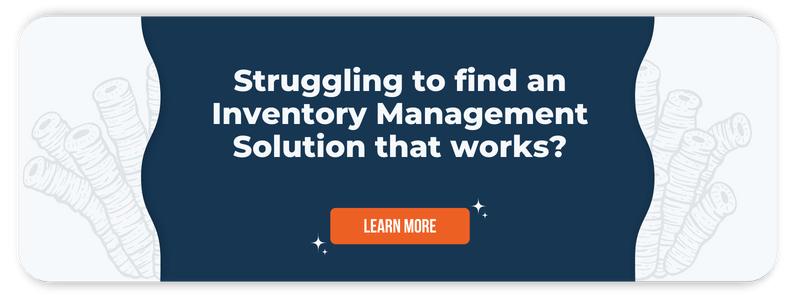Understanding ERP's Role in Supply Chain Management
Chelsea Carter

If you had to make a list of some of the core components of any successful business, effective supply chain management would undoubtedly be right at the top.
It is imperative to have the right systems in place to not only support optimal performance at all times, but to also empower the type of growth you need to evolve from the business you currently are to the one you want to be in five years.
Based on that assessment, a cloud-based ERP (enterprise resource planning) solution like NetSuite provides the type of best-in-class operational management and resource planning when you need it the most. It's a tech-based way to finally bring your manufacturers, suppliers, distributors, retailers, and other elements of the supply chain together, letting them act as the cohesive whole they were always meant to be.
But at the same time, that demands the question - exactly what role do ERP systems really play in supply chain management in a macro sense? The answer to that question requires you to keep a few key things in mind.
The Power of Global Visibility
By far, one of the most important advantages that manufacturing ERP software brings to the table has to do with the almost unprecedented level of visibility it generates. The right ERP tool can truly act as a "one-stop-shop" for all of your tracking needs, acting as both a holistic and a consolidated view of the entire chain at any given moment.
This type of real-time visibility would have been unthinkable even as recently as a decade ago, particularly for larger chains that extend beyond traditional boundaries. But with the right manufacturing ERP tool by your side, you have access to all of the real-time, actionable, and analytical data you need to make the best decisions regarding both ordering and purchasing at all times.
An Optimized Inventory: Your True Competitive Advantage
One of the most far-reaching roles that ERP software plays within supply chain management also directly intersects with another one of its biggest advantages: an opportunity for superior inventory optimization.
Your business is creating an enormous amount of data on a daily basis regarding not just your products, your services, and your customers, but your supply chain as well. But if that data exists exclusively in silos that are essentially locked off from other parts of your business, it's really not as valuable as it could be.
With the right manufacturing ERP tool like NetSuite, on the other hand, you have access to a single, consolidated source for all of that data and insight that is available at any point throughout your organization.
Finally, you're in a position to make better and more intelligent forecasts about the state of your inventory, allowing you to know exactly what you need to keep on-hand and why, while removing all guesswork from the equation.
This of course generates cost-savings in a number of areas. You can prevent your production schedules from disruption due to low inventory on critical parts or other assets, for example. You can also keep your holding costs at a minimum if you know exactly what you need and when you need it, thus giving you a chance to reallocate that money into other areas of your business where it can truly do the most good.
Your Supply Chain and ERP: A Match Made in Heaven
Of course, the right ERP software can bring with it a host of other unique benefits, too. These include but are certainly not limited to ones like:
- Generating an enormous efficiency improvement across multiple departments and even organizations working within your supply chain, as ERP makes communication easier than ever and superior collaboration a forgone conclusion
- The ability to automate certain menial or otherwise time-consuming tasks, giving actual human employees the ability to devote more attention to those tasks that truly need them
- Relieving the types of IT issues and problems that typically create costly bottlenecks and that negatively harm efficiency
- The ability to create more flexible supply chain solutions that can be instantly adapted to meet the ever-changing needs of the situation you find yourself in, which is not only a great way to turn changing business circumstances into an opportunity instead of a liability, but it again supports future growth and expansion as well
All of these advantages come together to form what is essentially the most important benefit of manufacturing ERP of all: improved customer service which itself gives way to increased customer retention and a far better chance of repeat business opportunities moving forward.
ManoByte: Your Partner in Supply Chain Management
At ManoByte, we've been singularly committed to helping organizations like yours extract more value out of their software and other supply chain management tools for years, and we can't wait for the opportunity to do the same for you, too. By far, the biggest benefit we're able to bring to the table is one of a fully customized solution built with your organization in mind. It's a perfect opportunity to not only create a genuine competitive advantage for yourself in your marketplace, but to offer a better and more sophisticated level of service to your customers as well.
So if you'd like to find out additional information about the critical role that manufacturing ERP plays in supply chain management, or if you have any additional questions you'd like to go over with someone in more detail, please don't hesitate to contact ManoByte today.


